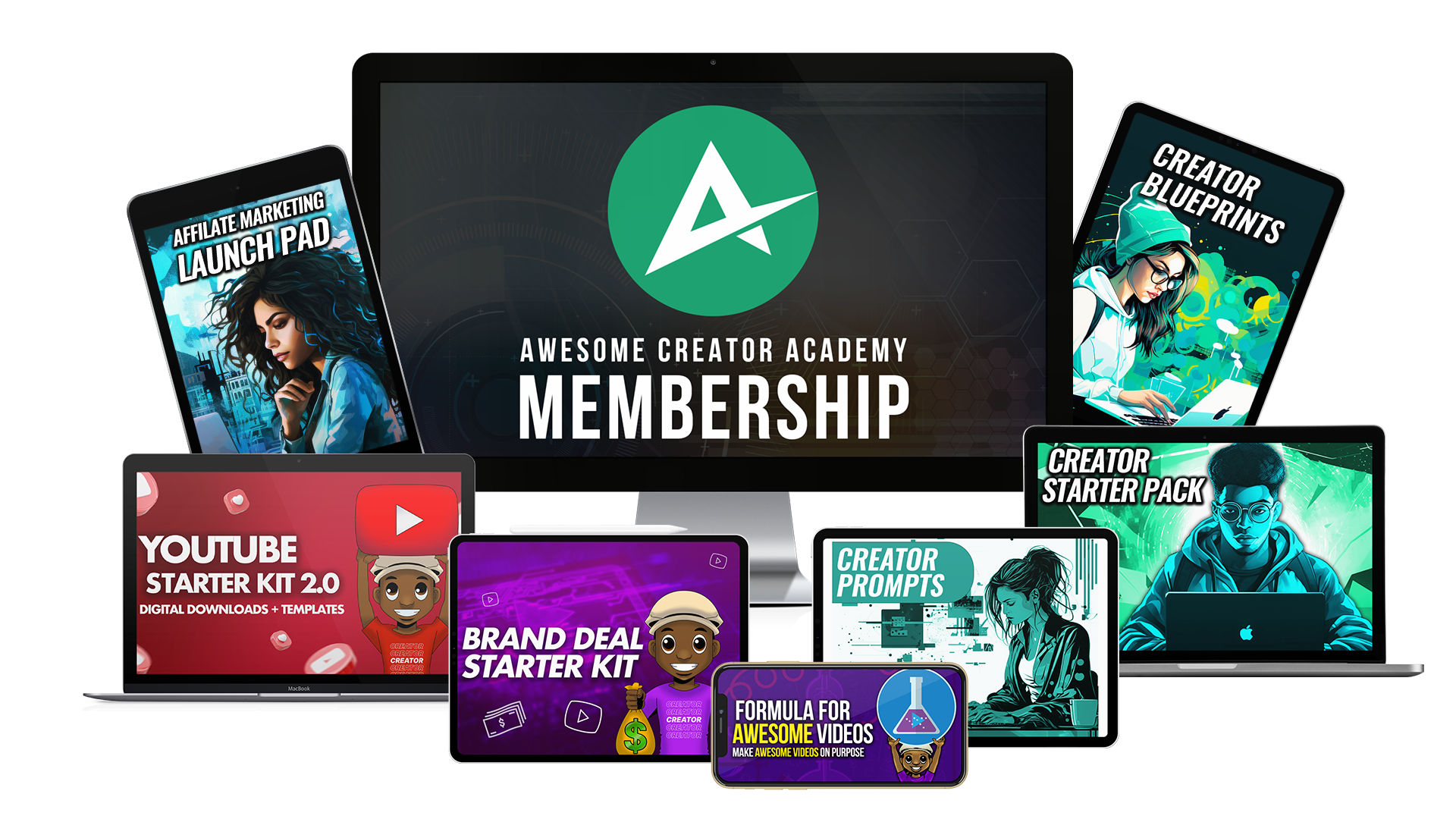The Truth About SEO in 2018 [NOT CLICKBAIT]
Feb 17, 2018
Does SEO still matter for your brand and business? Well Obviously Google Still exist so the clear answer is going to be yes! But if that is not enough to convince you, then keep reading and we'll make it clear.
WHY SEO STILL MATTERS
You will have many people debating the death of SEO in the age of Social Media, but what they are not talking about or considering is that Social Media, specifically the Media part, is making SEO more valuable than ever.
SEO isn't dead, algorithms, and an influx of content mean that it's more important than it has ever been before.
The saturation of Social Media content, (the media part), means that we need a way to understand what fraction of that content is ACTUALLY RELEVANT to us as individuals.
Algorithms both in search engines and content platforms need a way to put everything into context and will depend on metadata to initially determine that context.
The market may be saturated with content and websites, but it is rarely ever saturated with something that is relevant to you at the time that you need it most. That is the problem that SEO attempts to solve when done correctly.
SEARCH IS ABOUT CONTEXT
That is why "Search and Discovery" still matters, and why you still need to optimize your website and content and pay close attention to your metadata. Algorithms in search engines, but also in Social Media, and in content aggregators and distribution channels, need the CONTEXT that optimized metadata provides, to give us the relevant content we want.
In the context of a product based business, let's look at something like Amazon. When you are searching for a product, it's category, name, brand and even its pricing, all are things that determine whether it is relevant to you. But even if you aren't searching for that particular item, there are products that are recommended to you, and usually, they are relevant to you. This is not an accident.
Someone has to optimize the information that helps Amazon's algorithm so they can serve up the appropriate product. There is a whole host of people who make a living helping people optimize their products for Amazon Search.
CULTURE NOW FAVORS SEARCH
The days are nearly behind us where it is acceptable, let alone common, to be internet illiterate. Performing a Google Search is not only second nature, it's the average person's first instinct when they need to find information, or frankly anything else.
Nearly every technology appliance, application, or online service features a search bar.
Google, the largest search engine in the world, and YouTube the second largest search engine in the world; are not only delivering relevant content when we search for, but also using metadata to recommend additional results to us based on the relationships between different individual pieces of content.
HOW MACHINE LEARNING SCALES SEO
The accuracy with which Search Engines and Social Media sites deliver a result is based on how well the content creator labels that content, and this can also affect its initial delivery and engagement. That initial engagement helps these systems identify more users who want this type of content, and helps it distribute it to more of those users, this in common terms is "user-profiling".
Real human beings aren't manually sorting and filing these pieces of content like books at a library, it's done through machine-learning (artificial intelligence), which means the more data, and the more specific data provided, the more accurately the system can respond.
Many content creators on YouTube haven't figured out this concept, which is why they are not necessarily getting the views and reach that they feel their content deserves, and the same is true for those creating content outside of the platform when it comes to Google Searches.
MAKING SEO WORK FOR YOU IN 2018
The fundamental basics of SEO rarely change. If anything, it's surprising that so many who are internet savvy still struggle with it, but the answer to that is simple.
Search is about user intent. If you want to do better with your SEO, the answer is simple... record yourself doing 10 searches for 10 different things.
After you document how you searched for those things, and what content you chose to interact with, you will better understand how to reverse engineer user intent.
Consider doing this exercise when you want to understand any platform.
There is very little chance that if you are searching for 1998 Silver Nike Dunks, that you type "Nike sneakers" into Google or YouTube... yet that is exactly how the average person labels their content and expects the internet to do the magic of delivering it to the right people and figuring out their intentions.
Most people are looking for a specific answer, so the more specific you are in how you label content and optimize it, the more likely it will be discovered or recommended to the right users. Use multiple word keyword phrases instead of single words, and be consistent in the relationship between those words and your title, your headings, and descriptions.
Make sure that images and videos are optimized in this way as well.
Just remember, context always matters, relevancy matters, and so SEO is always going to matter.
WEBSITE RESOURCES FOR YOU
Some of these resource links are affiliate links.
- Webhosting: BLUEHOST (we have a great discount for you!)
- Email Marketing and Landing Pages that Convert: LEADPAGES
- Email Marketing and List Building: CONVERTKIT
- Website Security and Monitoring: SUCURI
- Websites without coding: WIX
- Web Analytics: Google Analytics
- Online Advertising: Google Adwords
- Social Media Scheduling: Buffer App
- Website User-testing: Usertesting.com
- Build Online Courses or Membership Groups: KAJABI
Get Awesome Creator Academy All-Access!
Every Content Creator struggles with where to start and how to take their content to the next level. Here at Awesome Creator Academy, we help you overcome the challenges of becoming a full-time Creator and we help those who are full-time Creators learn to build systems so that they can enjoy the success they have worked so hard for and earned.


